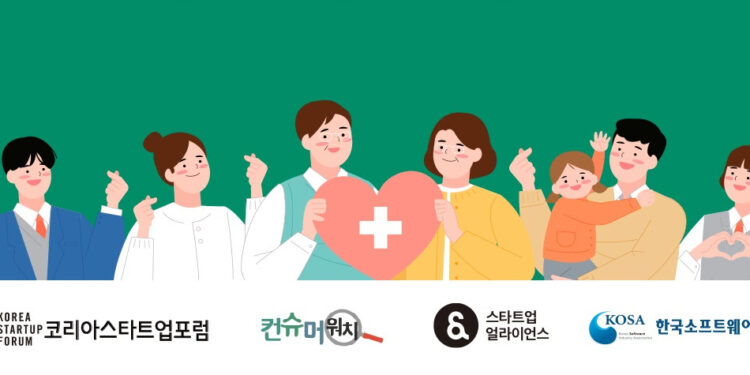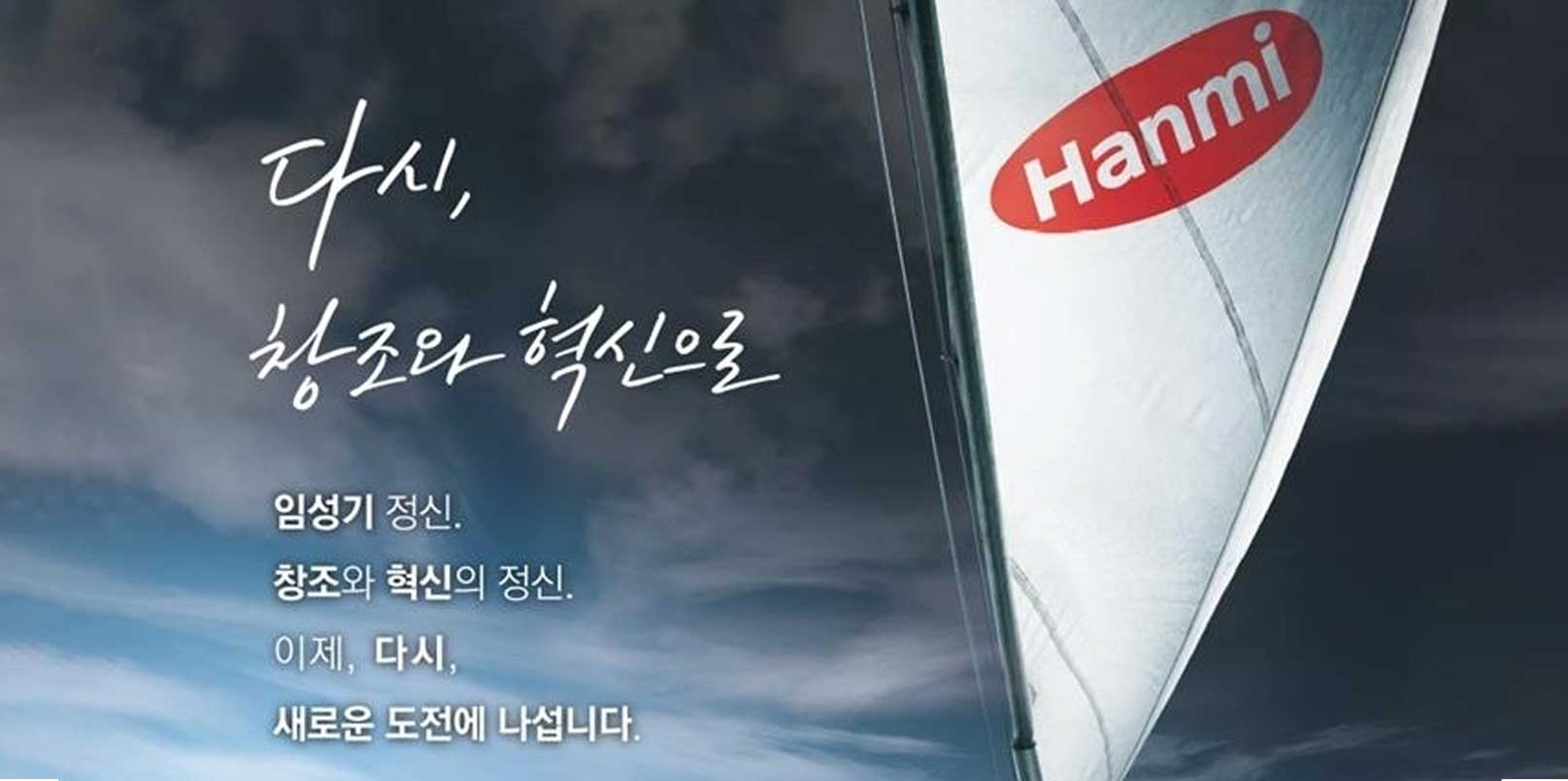During the COVID-19 pandemic period, non-face-to-face medical service was temporarily permitted in South Korea based on the Infectious Disease Prevention Act following the issuance of an infectious disease crisis alert to the ‘serious’ level in February 2020. However, the Korean government plans to adjust the infectious disease crisis alert level next month, wherein the non-face-to-face service will be suspended.
As the temporary permission for non-face-to-face medical service is about to be suspended next month in Korea, the startup industry is rallying to support medtech startups that the move will impact. Several Medtech startups, including Dr. Now, OllaCare, GoodDoc, etc., have become popular in the last two years and have grown exponentially for their non-face-to-face medical platforms.
A national signature campaign has been launched to protect this mode of treatment, which has garnered support from more than 110,000 people within just 10 days. The campaign was initiated by the Korea Startup Forum (Cospo), a startup organization of 2,000 domestic startups, in collaboration with Startup Alliance, Consumer Watch, and the Korea Software Industry Association (KOSA). The results of the signature campaign, with more than 100,000 participants, were delivered to the President’s Office by Cospo on April 21.

The campaign saw over 7,000 people sign up within the first hour and reached 100,000 in just six days. Participants included dual-income couples, single-person households, office workers, and self-employed people, who expressed the need for non-face-to-face treatment. Comments from participants highlighted the difficulty of accessing pediatric care and the importance of the service for single students living alone.
One participant complained, “To receive pediatric treatment in the morning, you have to get a number ticket at 3 am, and when the reservation is closed, you cannot receive treatment even if your child is sick. It is a must-have app for single students living alone when they are sick, but if it disappears, they will live alone and die.”
The decision to suspend non-face-to-face medical service will inevitably impact 30 platform companies, including Dr. Now and Gooddoc. The government and political circles are pushing for a plan to institutionalize non-face-to-face treatment. Still, the plan is to limit it to return visits only, excluding first-time patients, who account for 99%, which is gaining momentum.
Chairman Park Jae-wook of Cospo said, “More than 100,000 people signed up for a short period proves that non-face-to-face treatment is essential for many people. As a result, Cospo launched a public signature campaign to protect non-face-to-face treatment. Cospo delivered the results of the signature campaign to the President’s Office and repeatedly urged that the legislation related to non-face-to-face treatment be scrapped. The current non-face-to-face treatment available from the first visit should be maintained.”
Non-face-to-face medical service has been proven to be effective in South Korea, with 13.79 million people utilizing the service over the past three years, and an overwhelming 87.9% expressing satisfaction. The service has been instrumental in ensuring smooth treatment for patients during the COVID-19 pandemic, especially in situations where home treatment has been necessary, and in addressing crises in pediatric care.
However, with the impending lowering of the infectious disease crisis warning level, the service is at risk of being suspended. In response, the ‘Unicorn Farm’, a startup research group in the National Assembly, has proposed a ‘partial amendment to the Medical Act’ on April 4th to allow non-face-to-face treatment from the first visit, thereby promoting public health and guaranteeing medical options. The proposal is currently under review by the Legislative Review Subcommittee.
The ‘Protect Me Challenge’ launched with this signature campaign is rapidly spreading throughout the startup ecosystem. Prominent figures from various startups, including Com2uS CEO Song Jae-joon, My Real Trip CEO Lee Dong-gun, Yanolja CEO Lee Su-jin, Viva Republica CEO Lee Seung-geon, and Bucket Place CEO Lee Seung-jae, have joined the challenge, demonstrating the value of non-face-to-face treatment and its importance to people’s lives.
The support for non-face-to-face treatment has become a significant issue in Korea’s startup ecosystem. With the Protect Me Challenge gaining momentum, it is expected that the issue will receive more attention and efforts to institutionalize this mode of treatment will be made.
Also Read,
- Korean startups in ‘non-face-to-face’ medical services see 161% growth in a month
- Leading telemedicine platform Dr. Now attracts $ 31 million Series B investment
- Korean healthcare platform Soldoc gets more users as demand for remote medical services rise
- Mental Healthcare platform Mind Cafe attracts $16 million investment; the largest among domestic mental care startups






